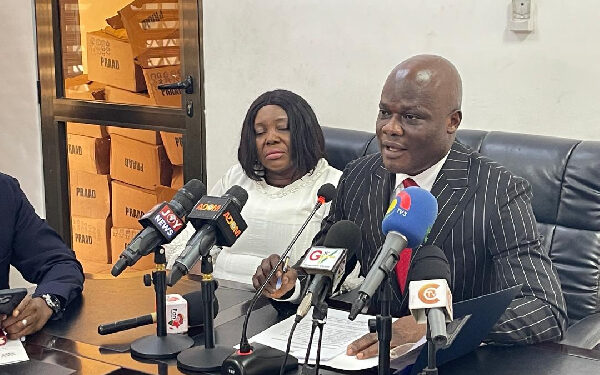Assembly Members across Ghana are now receiving a monthly consolidated allowance of GHS1,300 as part of the government’s drive to deepen decentralisation and strengthen grassroots governance.
The Ministry of Local Government, Chieftaincy and Religious Affairs has disbursed a total of GHS23.6 million covering payments for April and May 2025.
This milestone follows the release of an initial GHS25 million tranches by the Ministry of Finance on June 18, 2025, under the 2025 Budget allocation for local governance.
In total, 9,085 Assembly Members are benefiting from the initiative, which is anchored in the government’s “Resetting Ghana Agenda” — a policy aimed at revitalising local governance, enhancing accountability, and empowering community-level development.
Sector Minister Ahmed Ibrahim, speaking at a press briefing in Accra, explained that the allowance will equip members to effectively monitor and evaluate government projects within their electoral areas.
“The Ministry, as of today, Monday 14th July 2025 has transferred a total amount of Twenty-Three Million, Six Hundred and Twenty One Thousand Ghana Cedis (GHS23,621,000.00), representing allowances for the months of April and May, to all Assembly Members.
“Thus, each Assembly Member is being paid One Thousand, Three Hundred Ghana Cedis (GH₵1,300.00) per month to enable them to perform their duties effectively and efficiently. A total of 9,085 Assembly members are benefitting from these payments,” he said.
The allowance forms part of a broader decentralisation plan, which includes transferring 80% of the District Assemblies Common Fund (DACF) directly to Metropolitan, Municipal, and District Assemblies (MMDAs).
This is intended to reverse years of recentralisation that undermined local development capacity.
The ministry described the payments as a practical manifestation of the government’s commitment to decentralised governance.
“We promised, and we have delivered,” he declared, promising continued support to ensure that local authorities are adequately resourced for long-term impact.





































